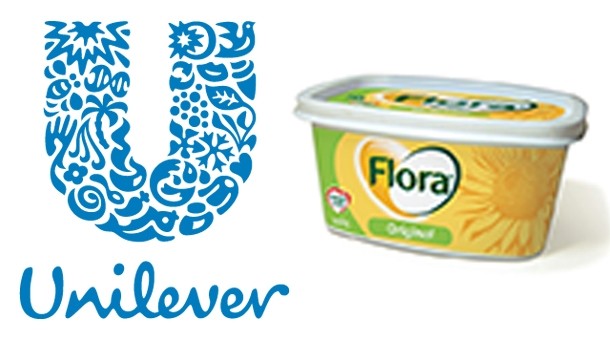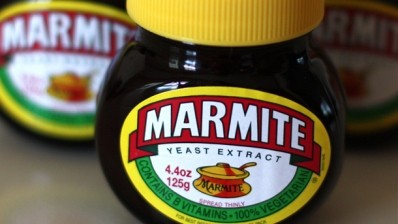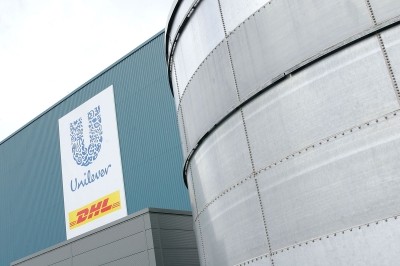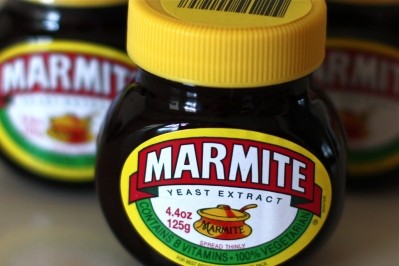Unilever navigates some choppy seas

The consumer goods giant announced underlying sales growth of 4.7%, which it boasted were ahead of its competitors, with volumes up 2.2%. Sales increased by 5.4% at constant exchange rates and decreased by 2.6% at current exchange rates. Emerging markets showed underlying sales growth of 8%, with volumes up 2.9%.
However, Unilever’s figures overall showed a 2.6% fall in turnover to 26.3bn for the half-year, giving an operating profit of 3.8bn, which represented a fall of 0.1% compared with the same period the year before.
Turnover in its food activities was 6.2bn, demonstrating sales growth of 2.3%, but a 0.5% fall in volume. Growth in foods reflected a good performance in savoury and dressings and a continued decline in spreads as a result of the market contraction in developed countries.
Divest itself of food businesses
The firm’s strategy over recent years has been to divest itself of food businesses, such as Ragu pasta sauces, where it didn’t see much potential for growth.
In spreads, Flora highlighted its plant-based health credentials with a new advertising campaign and a dairy-free launch in the UK. However, following the latest results, some analysts have suggested Unilever might exit the spreads business entirely.
For refreshment, it reported 5.3bn of turnover, with 4.1% sales growth and volumes up 2.2%. Ice cream delivered what it claimed was good growth, driven by margin-accretive innovations behind premium brands, such as the new Magnum Double range, the Ben & Jerry’s ‘Wich sandwich and dairy-free range, as well as premium desserts under Breyer’s Gelato and Carte D’Or Sorbet.
In leaf tea, it has been building its presence in more premium products with T2 and machine-compatible tea capsules. Lipton and PG Tips continued to extend in the faster-growing green and speciality teas segments where the company is still under-represented.
As well as food and refreshments, Unilever’s other main markets are in personal care products its largest market sector, with sales of 9.8bn for the first half and home care, with sales of 5bn.
‘The transformation of Unilever’
“Our first half-results further demonstrate the progress we have made in the transformation of Unilever to deliver consistent, competitive, profitable and responsible growth,” said Unilever chief executive Paul Polman.
“Despite a challenging environment with slower global economic growth and intensifying geopolitical instability, we have again grown profitably in our markets, competitively and driven by strong innovations.”
He added that Unilever had prepared itself for the tougher market conditions it was likely to face in 2016 and did not see any sign of an improving global economy.
“Against this backdrop we continue to drive agility and cost discipline, implementing the key initiatives announced at the end of last year: net revenue management, zero based budgeting and ‘Connected 4 Growth’, which is the next stage in our organisational transformation.”
Unilever’s priorities continue to be volume-driven growth ahead of its markets, steady improvement in core operating margin and strong cash flow, he said.















